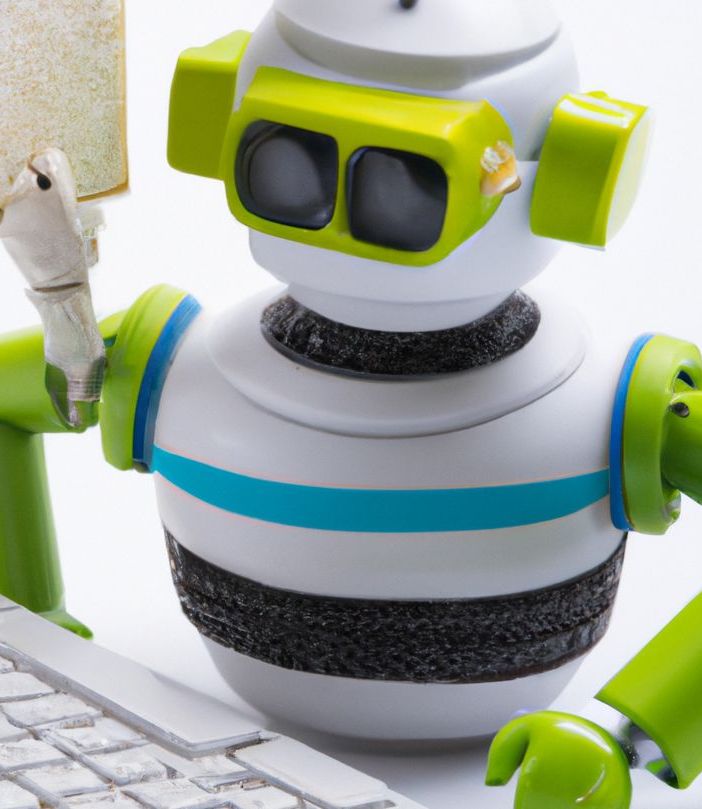Getty Images mostly loses ‘AI’ case in London
A robot writing computer code, generated from that prompt by Dall-e-2
JUDGMENT has been handed down today in the case Getty Images brought against Stability AI in the UK courts, and it is not good news: the court held that Stability AI had not breached copyright in ingesting photos from Getty. The photo library (essentially the photo library following its deals and acquisitions) did win on a point of trademark law.
We are still looking for the full judgment. Based on a summary by Louise Poppel at Taylor Wessing solicitors:
- The court held that “an AI model such as Stable Diffusion which does not store or reproduce any 'Copyright Works' (and never has done so) is not an 'infringing copy' such that there is no infringement...”
- The judge was always going to be reluctant to find otherwise against a backdrop of unclear legislation and the government actively deliberating the extra-territorial impact of the UK's copyright laws.
- If there is another claim, expect it to come against an AI developer who has more obviously trained its model in the UK or from an entity whose visual assets or content are really distinctive.
The Freelance holds that an “AI” model does contain the works on which it was trained - but thoroughly rearranged. The fact that a skilled user can extract original works from a model - or in the case of photos derivative works of the original work - speaks to this. But as Louise Poppel says it is no surprise that the court came to this conclusion.
This finding is very, very good news for the mythology of AI - alongside the claim that it is impossible to remove a work from a model. It seems that the details of the judgment may hinge on where the Stability AI model was “trained“ - which may also be worrying, given that in reality it is not in any specific physical location.
Getty Images commented
Beyond the specifics of the decision, we remain deeply concerned that even well-resourced companies such as Getty Images face significant challenges in protecting their creative works given the lack of transparency requirements. We invested millions of pounds to reach this point with only one provider that we need to continue to pursue in another venue. We urge governments, including the UK, to establish stronger transparency rules which are essential to prevent costly legal battles and to allow creators to protect their rights.
It is highly likely that other pending cases - including some that Getty is bringing in other countries - may produce other results. We agree about the urgency of laws demanding transparency about what works models are trained on. These must provide that individual photographers and other authors and performers can find our works - not only agencies and publishers.
 'Artificial Intelligence' our coverage to date
'Artificial Intelligence' our coverage to date
![[Freelance]](../gif/fl3H.png)
